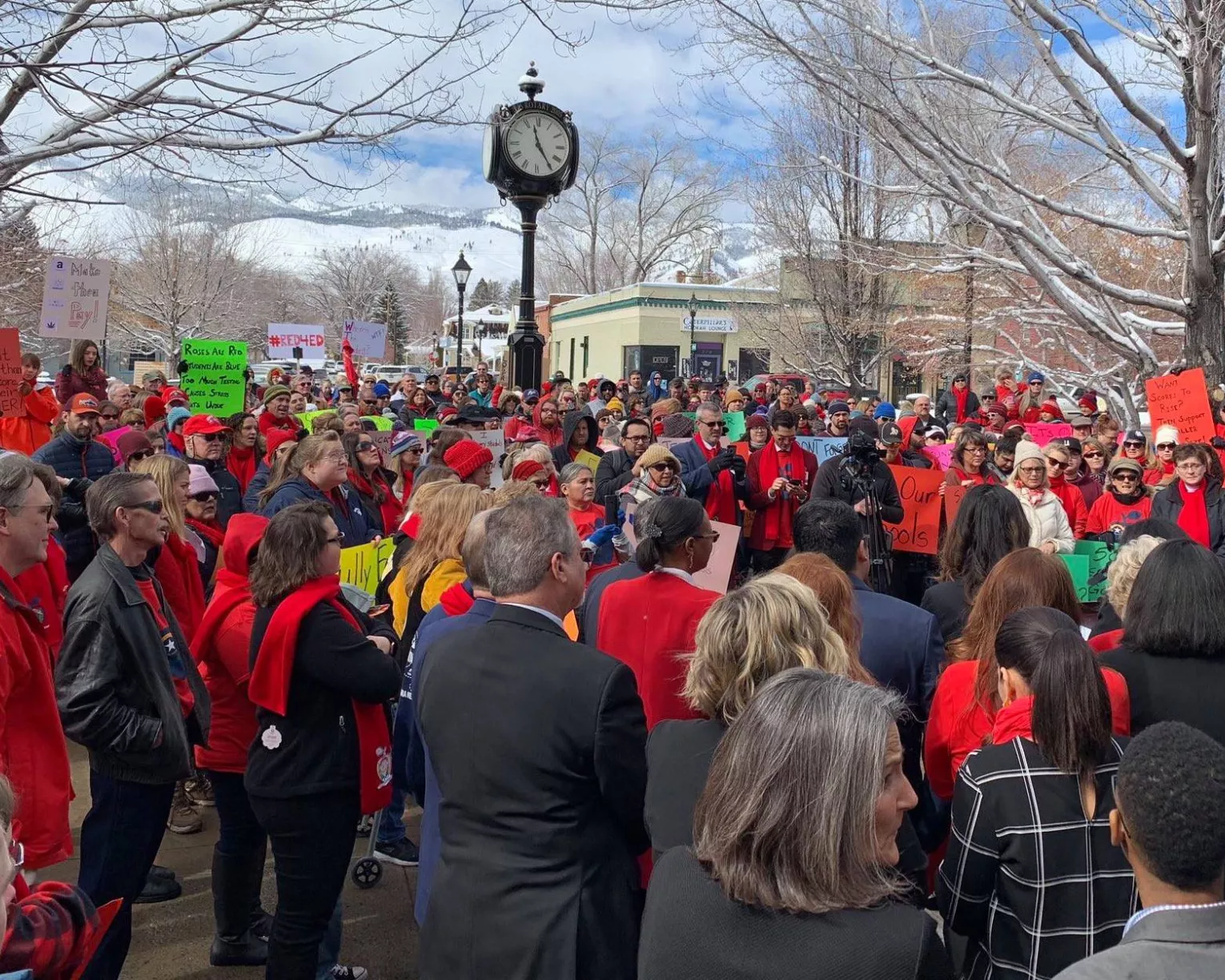NSEA advocates for improved salaries for all educators—K-12 teachers, education support professionals, and specialized instructional support personnel—to reflect a simple fact: they deserve it.
Educators have long had increasing day-to-day demands and responsibilities, from bus duty to coaching, counseling to leading additional classes, and buying basic supplies for their classes. Yet they are not paid for their expertise, expenses, and time. The Economic Policy Institute estimates that teachers earn 19 percent less than comparable professionals, while the Learning Policy Institute reports that the wage gaps widens to 30 percent by mid-career.
Inadequate educator pay comes at a high cost for schools and children, who must deal with the ramifications of high turnover and teacher shortages. Our students in high-poverty schools see the greatest turnover.
ESP Unemployment
NSEA represents thousands of education support professionals (ESPs) who provide vital services to children in Nevada’s public education system, including nutrition services, instructional assistance, school secretaries, maintenance and operations, and student transportation.
Many of these employees work and are paid only for 9, 10, or 11 months per year and are not eligible for unemployment benefits during the summer months. Most ESPs in Nevada work for less than a living wage and depend on summer jobs to make ends meet. For example, a starting instructional assistant in the Clark County School District makes $11.12 per hour. Working only 9 months, they would make just over $17,000 for the school year, close to poverty wages. Unfortunately with the pandemic, summer job opportunities have been severely limited.
This is an issue NSEA will work to resolve. NSEA has been working with the Governor’s office and others to figure out how these employees could benefit from programs like Pandemic Unemployment Assistance (PUA). While SB3 in the Special Session did not directly resolve this issue, it did give the Administration the flexibility they would need to implement a fix in the event PUA or some other federal relief program becomes available.
We are currently working with legislators for a bill draft request to permanently fix this issue during the 2021 Legislative Session.
